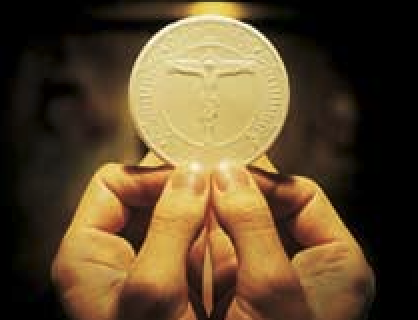Early in the coronavirus pandemic, Catholic clergy – along with pastors in many other traditions – struggled with secular authorities or even their own leaders while trying to provide sacred rites at the heart of their faith.
Churches were locked. Some priests turned to open-air confessions, even automobile drive-through lanes. In some cities priests in hazmat suits were allowed to offer last rites, usually without family members present. Some officials, secular and sacred, were more flexible than others.
A network of Catholic activists wrote an urgent plea: "Bishops, we, your faithful flock, implore you to do everything you can to make the sacraments more available. … Something is terribly wrong with a culture that allows abortion clinics and liquor stores to remain open but shuts down places of worship."
This bitter divide resurfaced during the May 11 Benedictine College speech by Harrison Butker, a three-time Super Bowl champion from the nearby Kansas City Chiefs. While remarks about women and family life dominated headlines, most of the placekicker's 20-minute address focused on divisions inside Catholicism.
Cultural chaos is "in our parishes, and sadly, in our cathedrals too," said Butker. "As we saw during the pandemic, too many bishops were not leaders at all. They were motivated by fear, fear of being sued, fear of being removed, fear of being disliked. They showed by their actions, intentional or unintentional, that the sacraments don't actually matter. Because of this, countless people died alone, without access to the sacraments."
Thus, many Catholics have simply stopped listening to bishops they believe are acting like politicians, instead of spiritual fathers, he claimed. "Today, our shepherds are far more concerned with keeping the doors open to the chancery than they are with saying the difficult stuff out loud."



